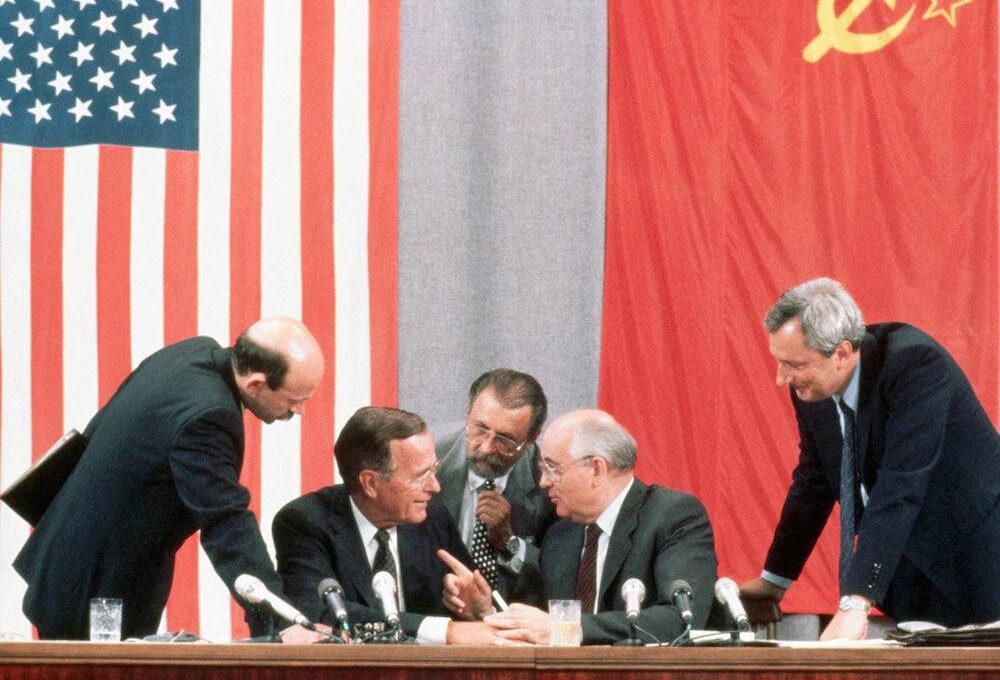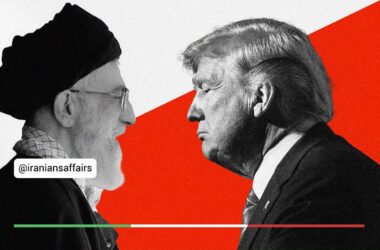“From Brezhnev Doctrine to Sinatra Doctrine”
The catastrophic consequences of the communist economy led to the erosion of Stalin’s iron fist. When faced with the defection of communist countries toward Western capitalism, Leonid Brezhnev abandoned the expansion of communism and focused instead on maintaining the status quo.
What came to be known as the Brezhnev Doctrine was, in essence, an all-encompassing intervention in socialist countries that were leaning toward the West and breaking away from the Eastern Bloc and the global communist movement.
In the years preceding the Soviet Union’s collapse, as the dream of a council-based government turned into a nightmare for the Soviet people, the Sinatra Doctrine replaced the Brezhnev Doctrine. Late-Soviet statesmen, with a touch of irony, described their situation by referencing Frank Sinatra’s song: “Let each decide their own way.”
The inevitable trajectory of the Islamic Republic after the October 7 terrorist attack more closely resembles the Sinatra Doctrine than the so-called Axis of Resistance strategy. Each “member of the resistance” acts according to its own discretion and circumstances.
The Islamic Republic’s lack of support for what it once called the “Axis of Resistance” cannot be regarded as a political strategy. The clerics in Tehran were well aware that any interference in the current trajectory would only accelerate the regime’s collapse—a situation remarkably similar to the Soviet Union’s pre-collapse stance of non-support for its socialist allies. Essentially, it is the role of a passive observer until the eventual downfall.
The Islamic Republic’s miscalculations regarding regional dynamics stemmed from fantastical assumptions. As previously noted in the article “Turkey’s Strategic Threat in Eastern Euphrates,” Russia had no long-term interests in Syria and was never intent on stabilizing the region. In fact, Russia used Syria’s instability to pressure Europe, while the clerics sought to prevent meaningful stability in Syria to sustain their fragile domestic position.The collapse of lower-tier proxy forces sends a clear message to Tehran: the mid-level proxies will be next. While the Islamic Republic poured billions of dollars into sustaining the Axis of Resistance and fostering unrest in the region, Turkey and Saudi Arabia emerged as strategic allies of China in facilitating the transit of goods to the West and supplying fossil fuels. Simultaneously, their alliances with the United States provided opportunities, such as Turkey’s intervention in Syria, that worked to their advantage.







